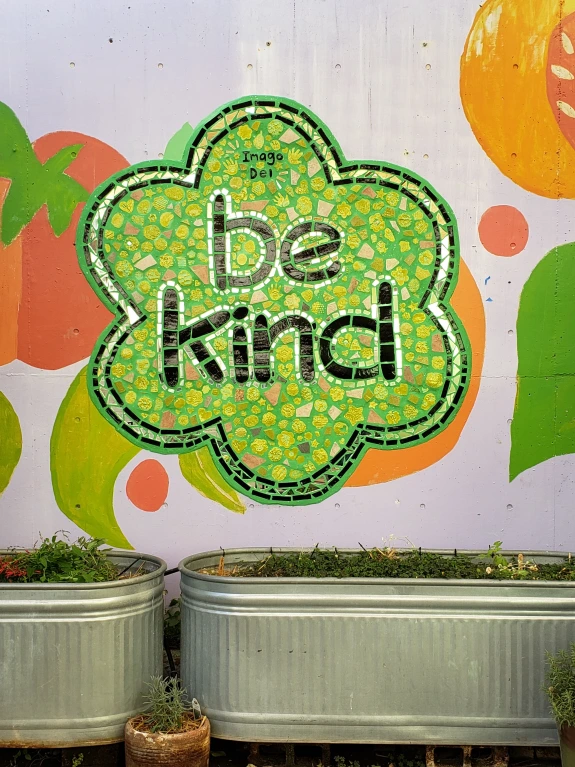
Science of Kindness Community Collective (SciKind Team)
Goals
The Science of Kindness Community Collective (SciKind Team) partners with the community to co-create and implement a theory-based, research-informed model to increase kind behavior. More kind behavior fosters a connected community, improving health and well-being outcomes.
The team focuses on understanding and promoting kindness within communities through collaborative, research-driven approaches. Our main goal is to develop and implement a theory-based model that encourages kind behaviors, strengthens social connections, and ultimately improves health and well-being outcomes. By working directly with community members, we ensure that the research is both relevant and impactful, reflecting real-world needs and experiences.
Issues Involved or Addressed
Questions that we address include the following:
Broadly
- What behaviors communicate kindness to community members?
- What categories of kindness, or “kinds of kindness,” emerge from these behaviors?
- What are the key predictors of kind behavior, according to theory and community-engaged research?
In Community Context
- Which behaviors do community members consider relatively more or less important?
- Which behaviors are already present in the community?
- What are community members’ beliefs about performing these behaviors themselves?
- What resources currently exist to support kind behavior and target its key predictors?
- Where are the gaps in resources needed to promote kindness more effectively?
- What are the best implementation strategies to increase kind behavior within the community?
Methods and Tech
We use a mixed-methods research approach, combining both qualitative and quantitative techniques to capture a full picture of kindness in action. Specifically, we use the Reasoned Action Approach (RAA), below, to explore and measure the factors that influence people's intentions and behaviors around kindness, such as attitudes, social norms, and perceived control. This allows us to better understand why people choose to do kind behaviors, and how we can encourage more of these behaviors in diverse settings.
- Group Concept Mapping: We begin by exploring how community members understand kindness and identifying different categories of kindness. Group concept mapping involves using hierarchical cluster analysis and multi-dimensional scaling to visualize and organize participants’ ideas into meaningful themes.
- Reasoned Action Approach (RAA): After identifying key categories of kindness, we apply the Reasoned Action Approach to delve deeper into the beliefs, attitudes, and social norms that influence individuals’ intentions and actions related to kind behavior. This helps us understand what drives or inhibits people from acting kindly.
- Implementation Science: Finally, we use implementation science to study and refine how to best apply our kindness model in real-world settings. This approach helps us identify effective strategies and overcome barriers, ensuring that the model is practical and sustainable in everyday community contexts.
Academic Majors of Interest
- Human Development & Family Science
- Communication
- Psychology
- Sociology
- Public Health
- Management (leadership)
- Education
- Medicine
- Nursing
- Veterinary Science
Preferred Interests and Preparation
Skills:
- Strong communication and interpersonal skills
- Ability to work collaboratively in team settings
- Experience or interest in mixed-methods research
- Basic understanding of qualitative and quantitative research methods
- Analytical thinking and problem-solving abilities
- Familiarity with (or willingness to learn) data analysis tools such as group concept mapping, survey software, or statistical packages
- Time management and organizational skills
- Writing and documentation skills for research and reporting
Attributes:
- Curiosity and passion for understanding human behavior and community dynamics
- Interest in kindness, social connection, and well-being
- Openness to diverse perspectives and community engagement
- Adaptability and willingness to learn new methods and approaches
- Enthusiasm for participating in research that has real-world impact
- Strong sense of responsibility and attention to detail
- A collaborative mindset with the ability to work independently when needed
Application Process
This team is currently full for the 2025-2026 School Year.

